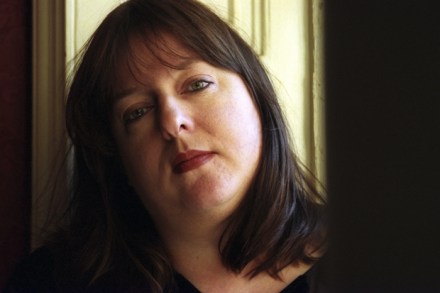Songs for the road: through his music and his classic car collection Neil Young hopes to escape his childhood traumas
Why do people talk about ‘experimenting’ with drugs when mostly they just mean that they’re doing them? Perhaps, as I write this, I should experiment with a glass of beer. In any case, one day back in the 1970s — when rock stars were particularly prone to experimentation — Bob Dylan dropped in on Neil Young, who played him a song detailing his extensive drug-related experiments (with grass, cocaine and amphetamines). At the end of the performance, Dylan remarked drily, ‘That’s honest.’ Young still laughs when he remembers this. Partly it was because Dylan, who had done some experimenting himself back in the day, knew where Young was coming from.




















